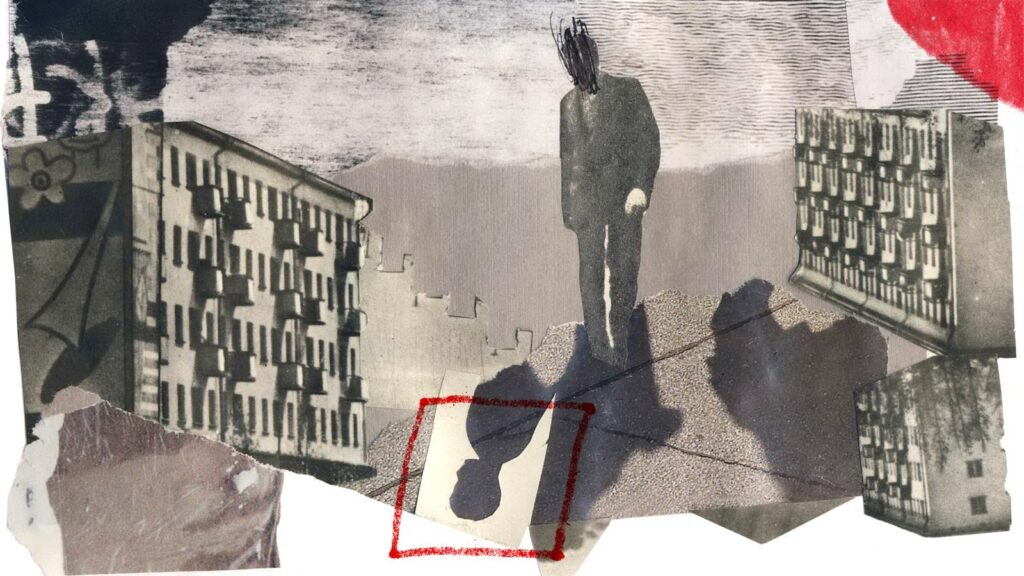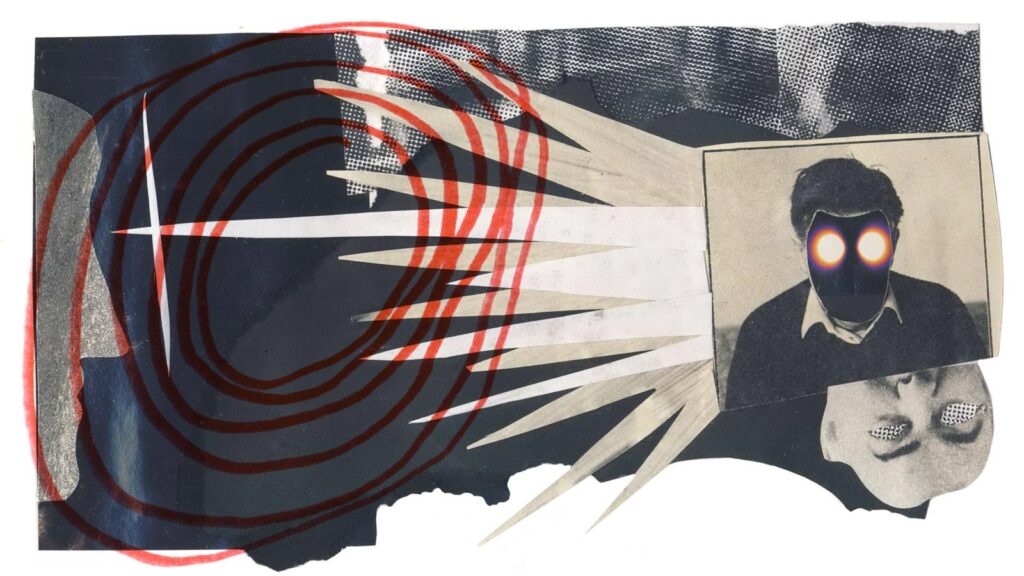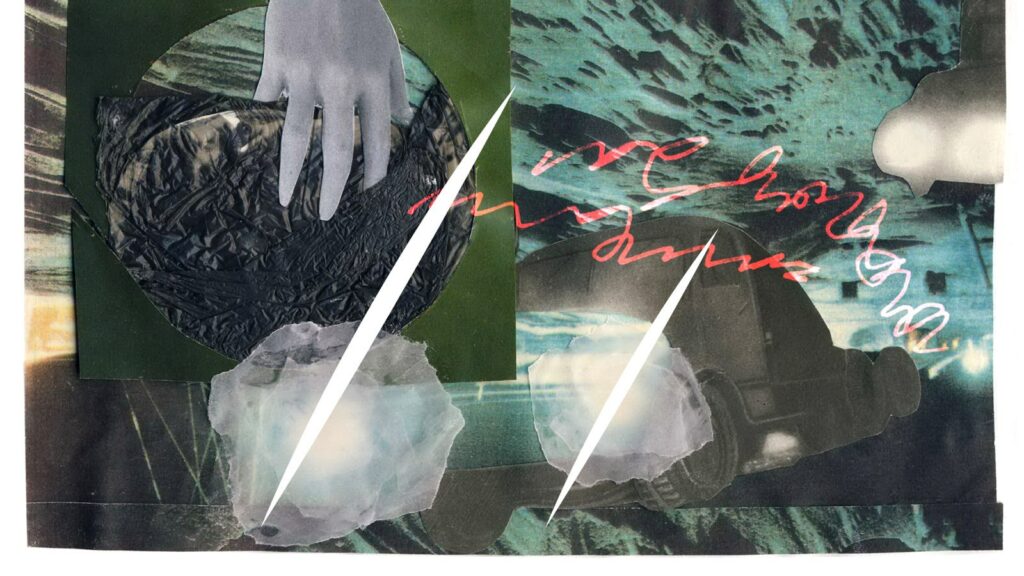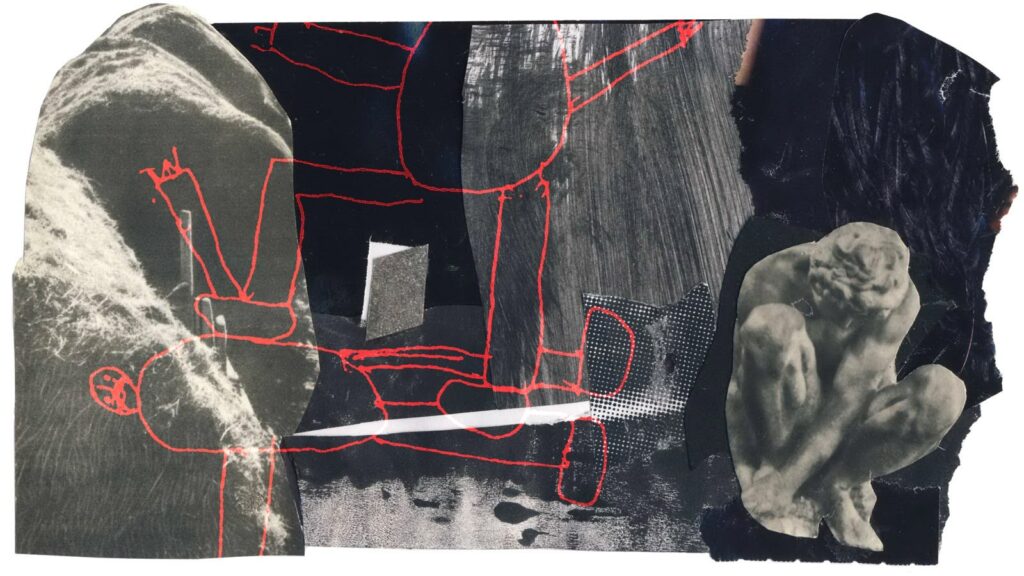Zaur is almost 30, openly gay, and has lived his whole life in Vladikavkaz, the capital of North Ossetia–Alania (a republic in the North Caucasus region of southern Russia). In April 2025, he met a man online and, after a short exchange, decided to visit him. Instead, strangers intercepted him near the man’s home, drove him to a cemetery, and pressured him to cooperate. They introduced themselves as police officers and demanded that he start informing on other gay men. Zaur refused, threatened his extortionists in return, and with his family’s support now wants to warn other LGBTQ+ people in North Ossetia.

A “Date” That Was a Trap
In mid-April, Zaur was active in a large North Caucasus–based Telegram group where gay men meet for relationships and sex. There he started talking with someone and arranged to meet. At first, the man was supposed to come to Zaur’s place. But after hours of delay, he wrote that he was too tired and asked Zaur to come instead.
At 3 a.m., Zaur finally went. Near the man’s building, he got a message: don’t wait at the entrance, go around the corner — supposedly so the neighbors wouldn’t see. When Zaur followed the instructions, a white Lada Granta without license plates pulled up.
Several men in civilian clothes got out. They quickly flashed IDs, hiding the names with their fingers, and introduced themselves as officers from the drug enforcement unit. They searched Zaur on the spot and demanded his phone. When Zaur refused without an official record, they suggested driving together to the police station.

Inside the car, Zaur saw the man he was supposed to meet. The “officers” began threatening him with prison, accusing him of pedophilia, while casually speaking in Ossetian about other men. Zaur realized they were discussing previous sting operations against gay men.
Instead of going to a station, the car drove out of town to a cemetery. The men confiscated his phone, demanded passwords — including banking apps — and tried to open a loan in his name, saying: “Let’s just settle this quietly.” They did not beat him or use weapons but gestured as if they might, and kept threatening him with criminal charges.
The ordeal lasted until 7 a.m. Failing to get money due to Zaur’s bad credit history, they drove him back into town and let him go — but warned they would be in touch, expecting him to hand over names of other gay men. Terrified, Zaur agreed in the moment.
Fighting Back
Later that day, Zaur discovered attempts to hack into his WhatsApp from other devices. Alarmed, he left the Telegram group where he had met the man and reached out for support of NC SOS Crisis Group.
A few days later, the same “officers” called him. This time, Zaur turned the tables: he claimed he had copied their data and IP addresses from the WhatsApp hack, and threatened to file a police report if they didn’t leave him alone. The callers immediately hung up.

Shortly after, an unknown man phoned asking if Zaur had filed a police complaint in the Iriston district (a part of Vladikavkaz). When Zaur said no, the man hung up, and since then no one has contacted him.
Zaur is convinced these men were not real police officers but criminals posing as law enforcement to extort gay men. Their lack of uniforms, refusal to bring him to a station, and fear of his threats to report them support this theory.
Living with Caution
Though the incident ended without physical harm, Zaur remains wary. He now avoids Telegram groups and only meets men through the Hornet dating app, limiting encounters to people he already knows. He has also warned his friends about such “honey trap” setups.
Importantly, Zaur found support in his family — a rare exception in the North Caucasus, where LGBTQ+ people are often rejected. His parents and brothers eventually accepted him after years of struggle.
“With my brothers it was easy. They were shocked at first, but then said: ‘So what if you’re gay? You’re still our brother.’ With my parents it took about three years. They took me to doctors, imams, and psychologists, hoping I could be ‘cured.’ Nothing worked, of course. Eventually they gave up and accepted me,” Zaur told NC SOS.
North Ossetia vs. Other North Caucasus Republics
Compared to neighboring republics such as Chechnya or Ingushetia, North Ossetia has a reputation for being relatively liberal. Zaur says many gay men from Chechnya, Dagestan, Kabardino-Balkaria, and Ingushetia travel to Vladikavkaz seeking partners.

Entrapment and “gay hunts” are not common in North Ossetia. Before this incident, Zaur had only heard of one case, about 10 years ago, when a friend was beaten during a setup and blackmailed with the threat of being outed. That friend later fled to France, where he was granted asylum; his attackers were prosecuted locally.
For now, Zaur is not planning to leave Russia, but he is learning a European language and considering emigration in the future.
A Reminder of Chechnya: Rizvan Dadaev
Zaur’s story echoes that of Rizvan Dadaev, a young man from Chechnya. In July 2022, men posing as police trapped him at a fake date, forced him to confess on camera that he was gay, and demanded either 50,000 rubles (about $800) or an iPhone 13 in exchange for silence.
Both Rizvan and his extortionists were detained a week later. The extortionists were tortured in custody, beaten with plastic pipes and shocked with electricity. Rizvan himself was also tortured — first by the head of the police unit, then by others. He spent more than three months in the basement of a police station with around 90 detainees, all of whom were subjected to beatings and torture.
He was released only after human rights groups intervened, as police wanted to stop the public outcry over his disappearance. NC SOS later managed to evacuate Rizvan from Russia to safety abroad.